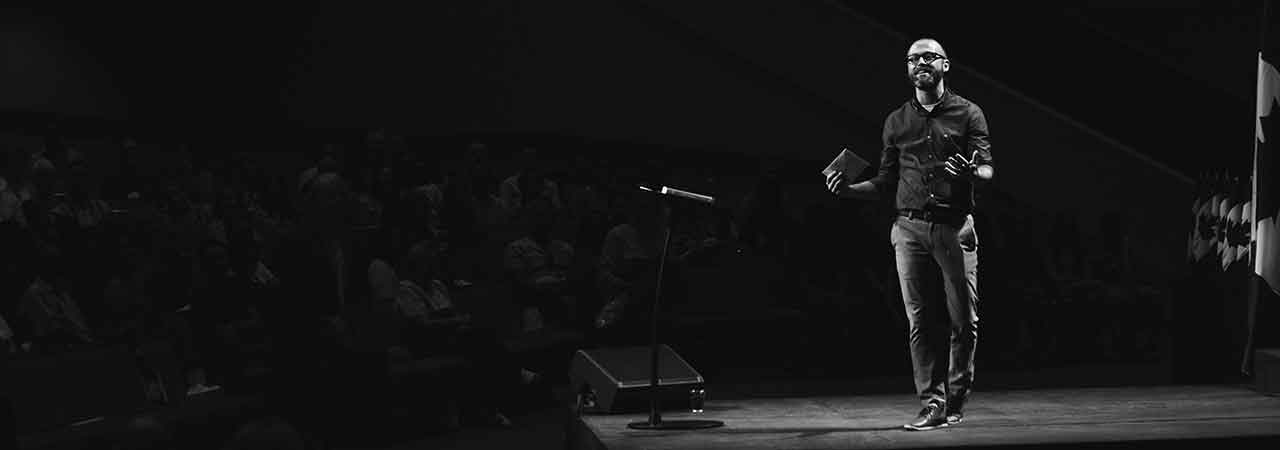Your book cover is the most important selling tool that your book has. It's therefore imperative that your cover matches your audience's...
Business
How to Sneak Marketing into Your Writing Schedule—and Keep Living Life While You Do!
OK, so we're well into 2019. We made it! Yay! Pat on the back. Cheers. The whole bit. We're awesome. And with a new year came new resolutions,...
How NOT to Start a Copywriting Business
In 2016 I started a copywriting business after leaving a toxic job. I spent months second guessing my work and struggled to make the improvements a...
How Your Mental Health Can Affect Your Productivity Levels (And What to do About it)
Mental health is always a hard topic. We think it’s getting easier, but I see it more as a one step forwards, two step back kind of thing. Recently...
Lessons From Self-Publishing: How Publishing 4 Books Has Changed Me
In April 2016, I sat on the grey fabric sofa of our living room, my hands shaking. Boyfriend sat on the arm of the sofa beside me, waiting. I hit...
Should You Choose a Small Press Publisher?
This is a guest post by Clare Stevens. If you’re disheartened by a succession of agents’ rejections, but daunted by the thought of self-publishing...
Authors Aren’t Mute: Public Speaking Tips for Authors
This is a guest post by Simon Raybould. First things first, authors aren’t silent---are they? Here’s the thing...I’m an author too. And in the past...
5 Things to Remember When Running Writing Workshops
Earlier this year, and as a representative of The Student Wordsmith, I was invited to deliver an introductory workshop to members of Nottingham Writers’ Studio. It was the first time that I had delivered one in a few months, since my days of teaching Creative Writing at Loughborough University, and (if I am being completely honest) I was a little nervous.
Throughout the workshop, I adopted a very ‘human’ and friendly approach—being open, honest, and encouraging when you’re meeting new writers with varying levels of confidence is really important—and this struck a chord with Kristina here at The Writers’ Cookbook who has since commented on the warmth in my style as a workshop leader.
While running a workshop is always going to be daunting (even if you are considered to be a seasoned pro!), this exchange reminded me that we’ve all been there. We’ve all felt nervous and like we’re about to scale an impossible mountain; whether that’s running a workshop for the first time in a while or reading in front of large group of people you know!
So, to help you through if you’re planning on running your own workshops anytime soon, we put our heads together and have compiled our top 5 things to remember when running your writing workshops.
How to Stay Sane as an Indie Author
In our quest for the next novel, next project to be finished, we tend to disregard our health. Even more so our mental health. Believe it or not, that’s important when writing.
Don’t think that because your writing happens at home, in an environment you choose, it’s less stressful on you as a human being.
For one, there’s the emotional aspect of certain scenes.
If you’ve ever been drained after writing a particular scene, you know what I’m talking about.
And second, we all juggle different things on top of writing.
I have a full time job, two dogs, and a husband.
Others have kids.
Or some juggle more than two jobs!
But the bottom line is: you cannot perform if you don’t take care of your mental health first.
So, how can you do that?
Are You Blogging for the Wrong Reasons?
‘I hate blogging. I did it regularly for six months and got nothing out of it.’
Sound familiar?
I’ve heard lots of writers say this. And when I say ‘lots’, I mean more than half of the ones I’ve spoken to about it.
Because of their experience, they assume it’s a waste of time for them. So they give up.
But the reasons they struggle are always the same: they’re approaching it all wrong.
Let’s break down how they’re approaching it wrong (and how you could be too), and how to fix it.










